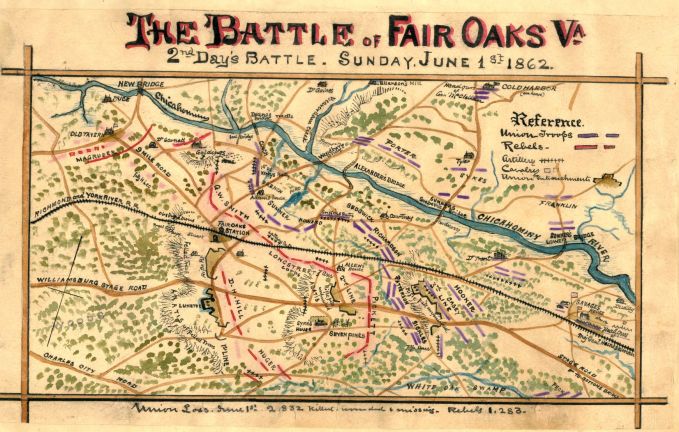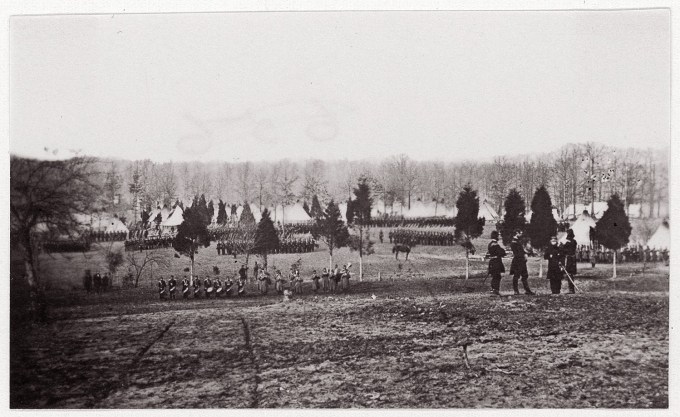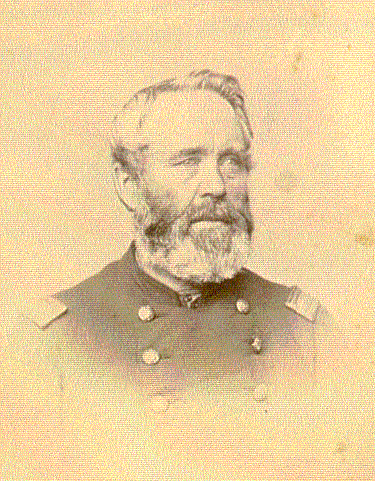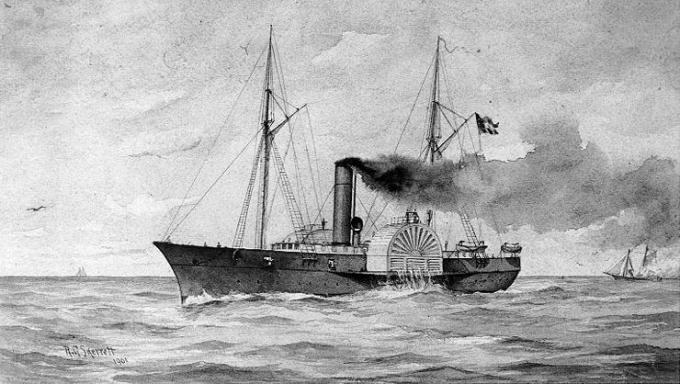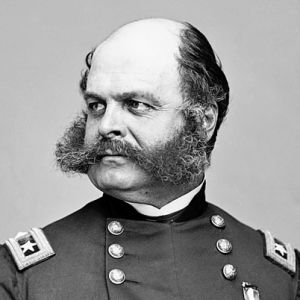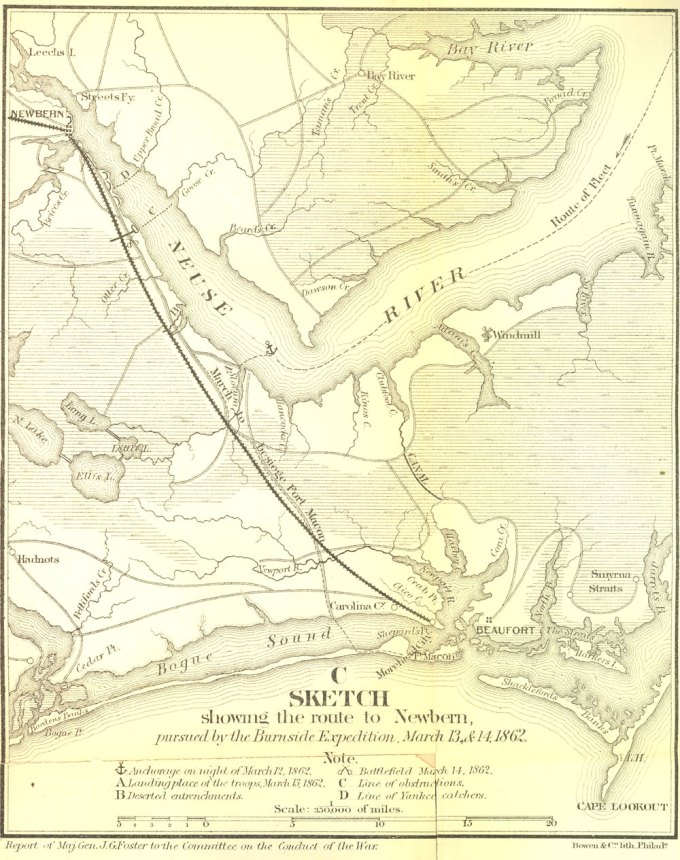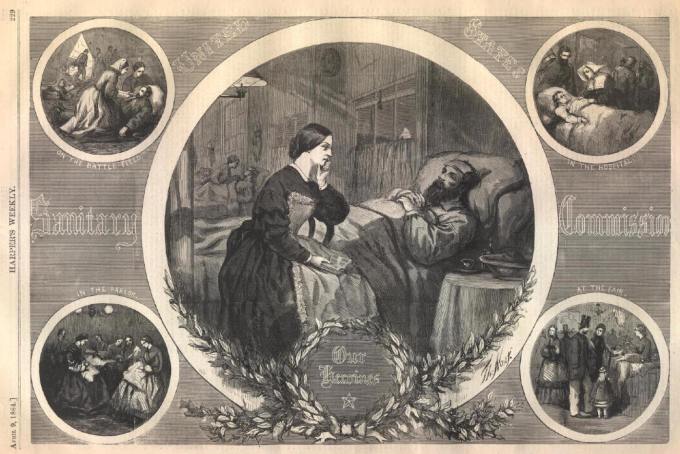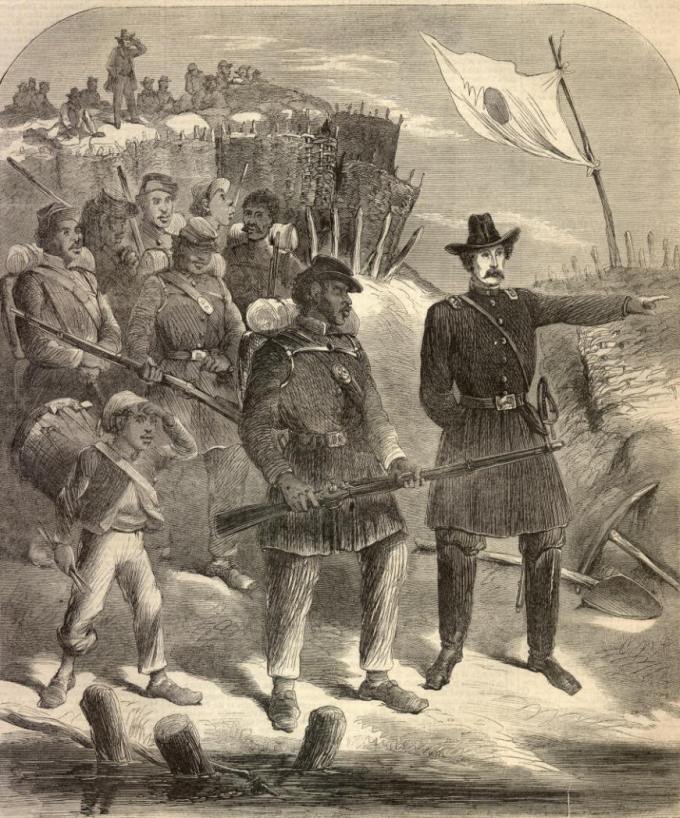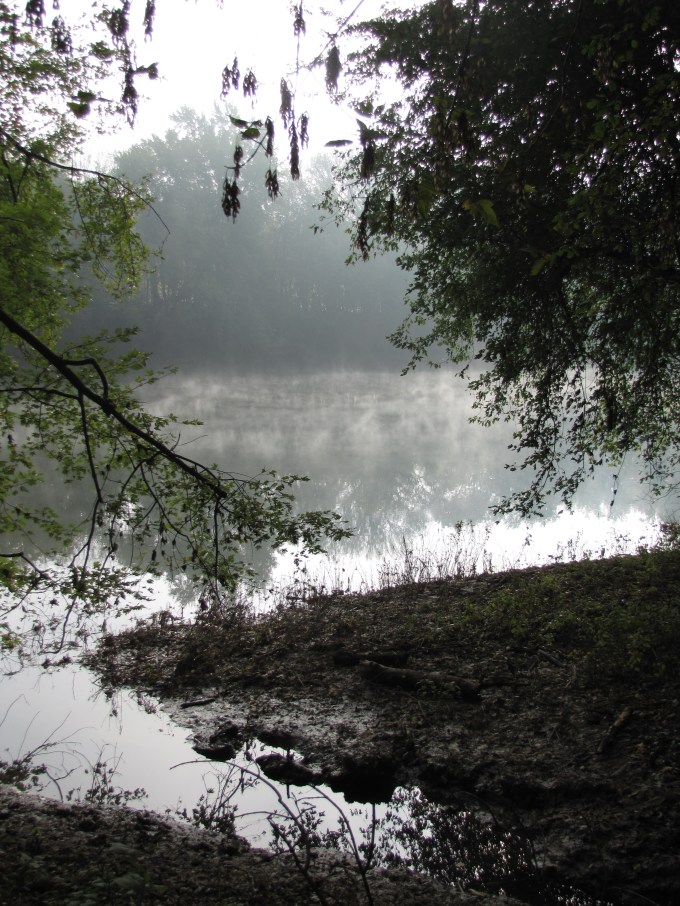[Ed. Note — This letter was published in the Pittsfield Sun on 29 October 1863. The author, Omar Hassan Case, was born in Pittsfield on 10 April 1842. By 24 September 1862, Case had enlisted at Fort Snelling, MN in the 7th Minnesota Volunteer Infantry and saw three years of service on the frontier as well as in the South. He rose from private to 2nd Lieutenant by the time the regiment was disbanded 16 August 1865.
At the time he writes this letter, the regiment was preparing winter quarters at Schofield Barracks after having served almost two years fighting Native Americans from the frontier territory of Minnesota.
It must have been stunning for the residents of Pittsfield to read a letter from one of their own who was in the army but NOT (at least yet) fighting the Confederacy. The 7th Minn. did eventually go south and participated in several battles, particularly Tupelo, MS against Nathan Bedford Forrest’s command and in General Canby’s campaign against Spanish Fort, near Mobile, AL.]
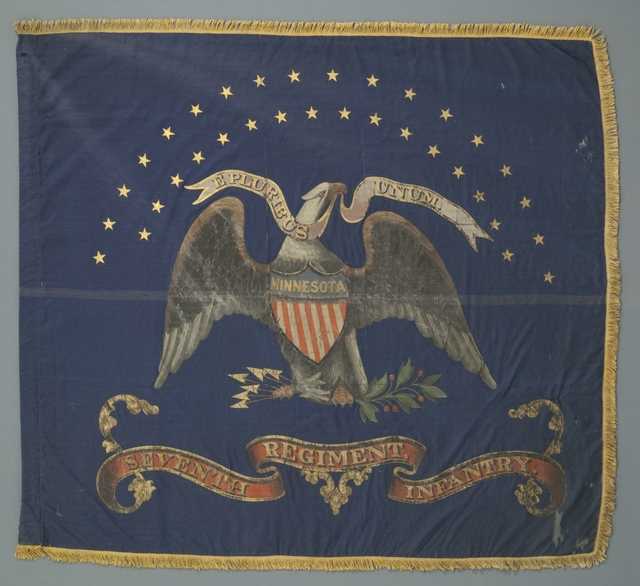
Barracks Schofield, St. Louis, Mo.,
October 14th, 1863
Dear Editor — Since I wrote you last, at Madelia, I have seen something of a soldier’s life. My intention was to have given you a correct account of all our doings while in the Indian country, but duty and business prevented. Our company remained at Madelia during the winter and spring. Part of the company was detached for frontier guards in March and sent on the south branch of the Watouwan River. They commenced building a stockade, which was nearly finished about the 16th of April, when the Indians attacked the inhabitants, killing 5 persons and wounding several. The night preceding the massacre a woman came to the stockade desiring one of the soldiers to go home with her and stay all night, as her husband had gone to Mankato on business. Instead of one soldier two were sent. Toward morning the Indians came to this house, pushed open the door and shot one soldier dead in bed, and wounded the other in the left breast near the heart and in the left leg, with arrows. The woman was lying on the floor, having given up her bed to the soldiers. She was wounded in the right groin however. The soldier who was wounded sprang from the bed, grappled with the Indians, and succeeded in driving them from the house. He then went to the bed and found his comrade dead. The wounded woman he took in his arms and carried nearly to the camp, a distance of two miles. The Indians meantime had got nearly opposite the stockade but on the other side of the river. They commenced firing on the boys but were soon driven from their position. By this time all the families had collected in the stockade, save one, which live about tow miles further up. Two boys volunteered to go and tell them of their danger. They went, the Indians watching them all the while. After arriving at the house the inhabitants had time enough to secure their safety if they had gone immediately, but the husband, with that grasping disposition peculiar to the people of Norway, must turn his cattle out before he started, thus delaying them at least half an hour. After everything was arranged they commenced their flight. The Indians lay in ambush, and as they passed a ravine rushed upon them. The husband run as fast as he could, also one soldier; the other soldier fought them until overpowered by numbers, and at the entreaty of the woman left. —
The Indians came up, beater her on the head until they thought she was dead, telling her she might “go home now.” One boy they killed about ten years old, and another three or four they knocked down once; he jumped up and run along; again they hit him, again he fell and this time laid still. After they had gone the soldiers went for the bodies, and strange to say the woman and the boy were sill alive, and are now well. The woman that was wounding in the groin is also well. We went out on the prairie and found three bodies of men, their heads severed from their bodies and carried about half a mile, where it appeared that a war-dance had been held. Little did I think, when I used to attend High School at Pittsfield, that I should see such sights as these, which are only an item of the murderous doings in the northern part of our State. I was one of the expedition under Gen. Sibley during last summer and had three engagements with the Indians, in which they were driven from the field and at last across the Missouri, but not having a sufficient number of horsemen our triumphs could hardly be called victories. Suffice it to say, they received such a lesson that I hope they will remain forever on the barren plains of Dacotah. But I am afraid more outrages will be committed by them, and their extermination will be the only alternative.
I am sir, your obedient servant,
Omar A. Case,
Co. E, 7th Minn. Vols.


